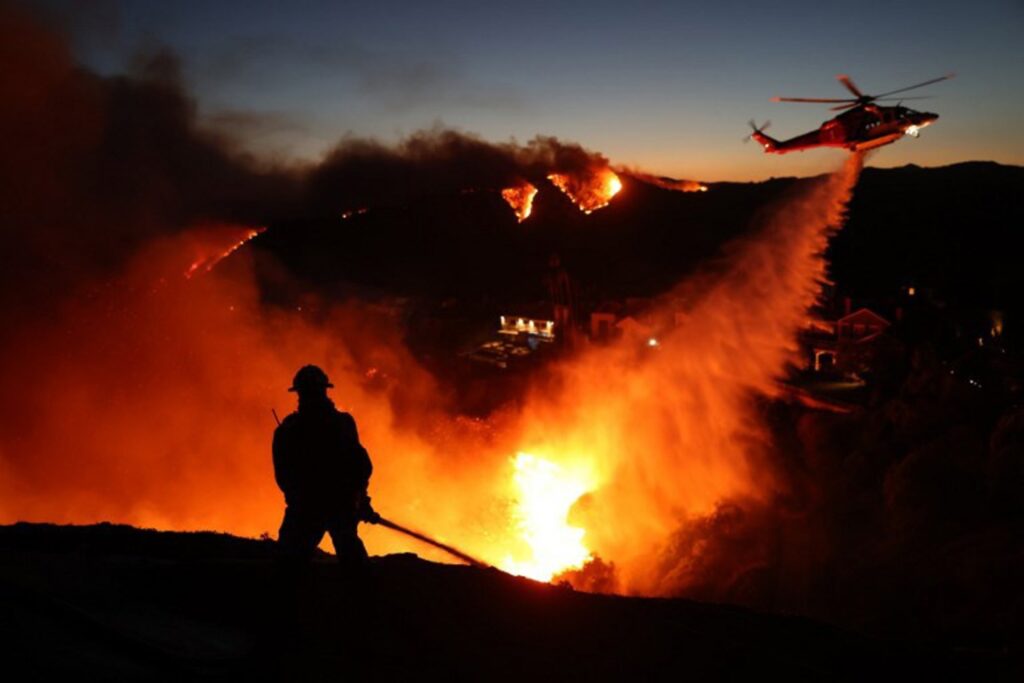The risk of forest fires in Belgium is increasing due to climate change, and the country is ill-equipped to handle them, according to a report by the Centre for Climate Risk Analysis (CERAC) obtained by Le Soir.
CERAC's report points out that Belgium is experiencing hotter and drier conditions, with more intense drought episodes.
Forest fires are expected to become more frequent due to heightened droughts in summer and spring, driven by decreased precipitation and increased evaporation.
The effects of a forest fire extend beyond the destruction of vegetation, property, and infrastructure, notes CERAC.
Fires immediately degrade air quality, and after they pass, they weaken the soil, making it more susceptible to erosion. They also worsen water quality and can harm freshwater ecosystems by making the soil hydrophobic.
Experts from CERAC warn that better preparation is essential, criticising current land-use and urban planning for often overlooking wildfire prevention.
Many firefighting services are not equipped to tackle one or more forest fires for prolonged periods while continuing to provide other essential services.

